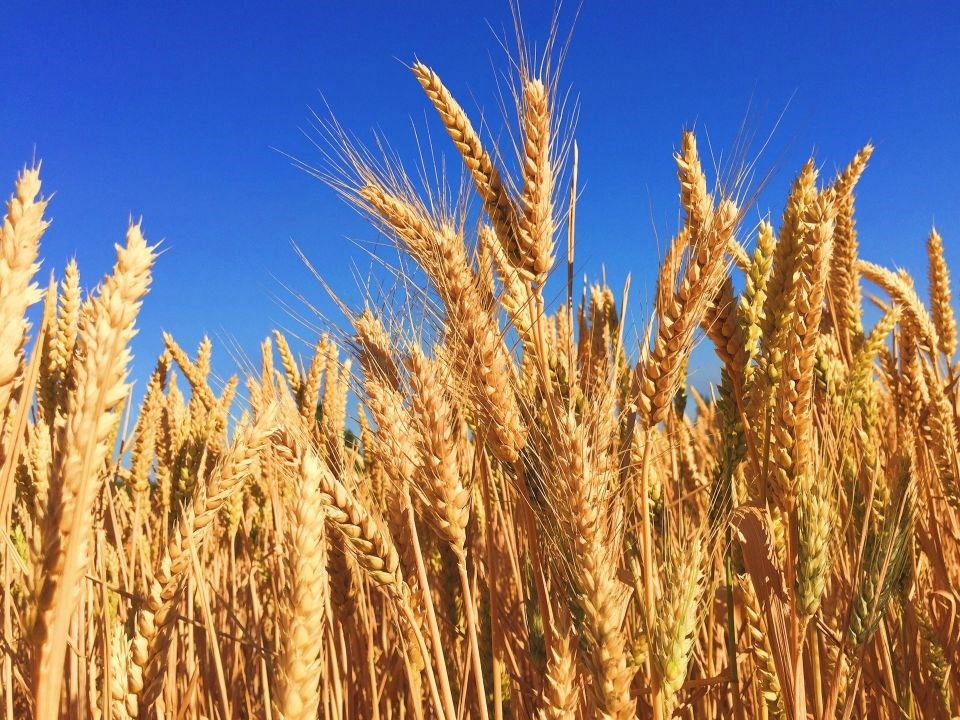Northwest
A mix of smoky conditions and high temperatures for the region this week. Lack of precipitation is a concern as most crops are showing stress from high temperatures and lack of moisture.
Soil moisture and water resources continue to decline with lack of precipitation. Although some crops will still benefit from rain, most are at a stage that may be too late. Grasshopper pressure continues as hot, dry conditions carry on.
Fall rye and winter wheat harvest has started in the region. Spring wheat crops are mostly in the soft to hard dough stage, and some pre-harvest applications have begun in crops that have reached appropriate stages.
Field peas are mostly in the R6-R7 stage with desiccation as fields reach maturity and appropriate stage. A small amount of peas have been harvested.
Canola crops continue to be varied across the region. While most crops have completed flowering, many are close behind. Sunscald symptoms have become evident with recent high temperatures, as well as pod abortion.
Soybean crops are majority at R4 stage and range in condition. While some fields look average, there are some fields that are starting to show stress from lack of moisture. Precipitation would be beneficial to some crops
Southwest
Temperatures throughout the week have remained hot, with very little to no rainfall across most of the region. Crops are beginning to show signs of stress due to dry conditions. Rainfall at this stage would be highly beneficial overall.
Most winter cereals are nearing the desiccation stage. Low levels of fusarium are reported in winter wheat, and fall rye has shown low incidence of ergot. Some initial harvesting of winter wheat has begun in the Brandon and eastern parts of the Southwest region, though no yield reports have been received yet.
Canola is responding relatively well to the hot and humid conditions. Most of the crop is at the pod-filling stage. Late-seeded fields are also now coming out of flowering. However, the combination of dry weather and excessive heat is beginning to impact pod filling and is causing some flower blasting. Sclerotinia levels are very low this year, and no insect damage has been reported so far. Bertha armyworm trap counts are also low in the region.
Spring cereals such as wheat, barley, and oats are maturing rapidly. Most of the crops are progressing well without major issues. Fusarium head blight is appearing, particularly in non-sprayed spring wheat fields, but incidence remains low. Most of the spring cereal crop is at the soft to hard dough stage. Barley is ripening quickly due to the hot weather.
Soybeans are currently in the R3–R4 development stages. Most fields appear green and tall, showing no major signs of water stress. However, adequate moisture is now critical for pod filling and development. Any precipitation at this stage would be highly beneficial for yield potential. There are no reports of soybean aphids currently.
Field peas are progressing well, with no significant concerns. Most of the crop is at the ripening to dry-down stage, and pre-harvest products are being applied in some fields. Although pea aphids are present, the crop is beyond the stage where they can cause damage.
Flax fields are finishing flowering, with no major disease concerns, such as pasmo. Some lodging has been observed in low-lying areas.
Sunflowers are beginning to flower. There have been a few reports of insect damage, but no spraying has occurred so far. Corn is developing well and benefiting from the heat, although it still requires good moisture. Most of the crop is at the R1 stage.
Grasshoppers are visible in some crop fields and ditches. However, crop loss due to grasshoppers remains insignificant, and there are no reports of spraying in the area.
(Government of Manitoba news release)



